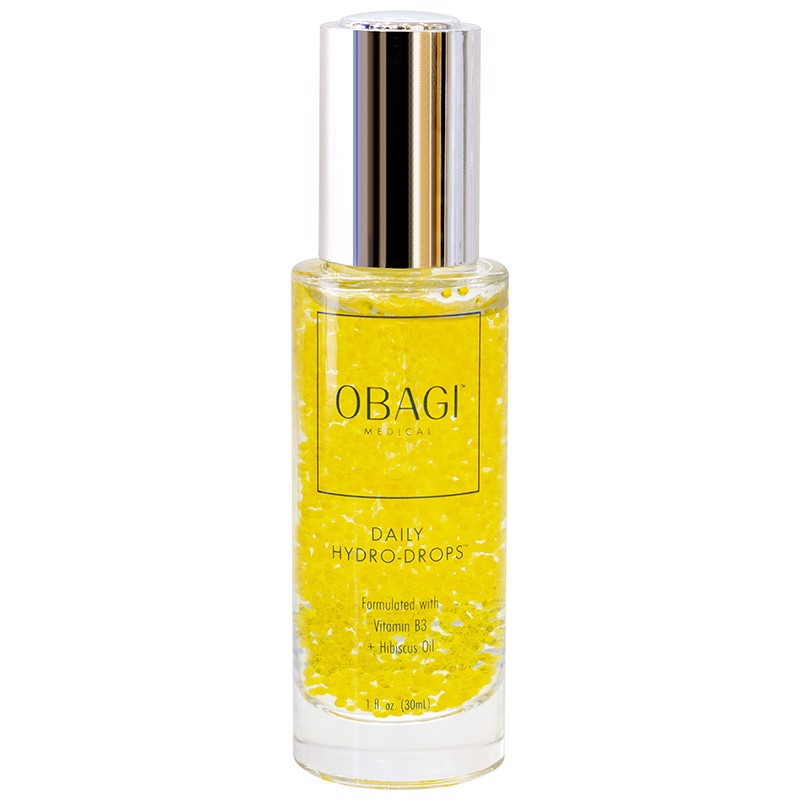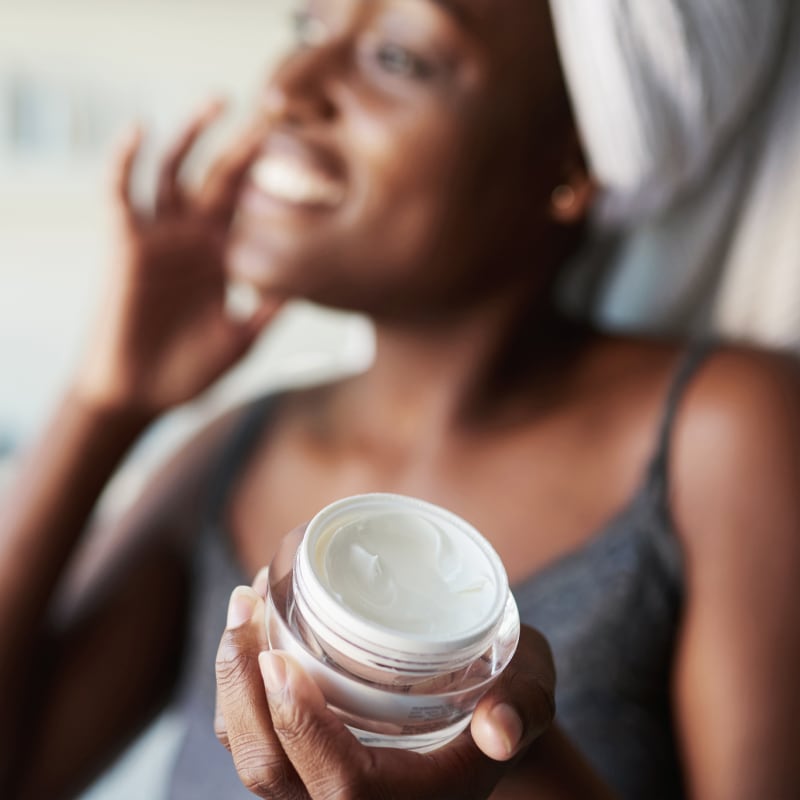The Hydration-Skin Health Connection: Why Water Is the Key to Glowing Skin
Posted on 26th September 2024
Healthy, glowing skin is a reflection of overall wellness, and one of the most crucial factors for maintaining skin health is hydration. While we often turn to skincare products for that dewy glow, the foundation of great skin starts from within. Let’s dive into the science of hydration and its impact on your skin, along with tips to keep your skin looking and feeling its best.
Why Hydration Matters for Skin Health
Your skin is the largest organ in your body, and like any other organ, it relies on water to function properly. Skin that’s well-hydrated is more resilient, elastic, and radiant, while dehydrated skin can appear dull, flaky, and prone to premature aging.
Here’s how hydration affects skin health:
- Maintains Skin Barrier Function
The outermost layer of your skin, the stratum corneum, acts as a protective barrier against environmental aggressors like pollution, UV rays, and bacteria. Adequate hydration helps maintain this barrier, preventing moisture loss and keeping irritants at bay. - Prevents Premature Aging
Hydrated skin is plump, which reduces the appearance of fine lines and wrinkles. Dehydration, on the other hand, can make wrinkles more prominent and contribute to loss of elasticity over time. - Promotes Healing and Resilience
Proper hydration is essential for wound healing and repairing damaged skin. When skin cells are well-hydrated, they function more effectively, speeding up the healing process. - Improves Texture and Tone
Hydrated skin appears smoother and more even-toned. Dehydrated skin, however, can feel rough, appear patchy, and may exacerbate issues like redness or irritation. - Regulates Oil Production
Paradoxically, dehydrated skin can lead to overproduction of oil as your skin compensates for the lack of moisture. This can contribute to clogged pores and breakouts. Keeping your skin hydrated can help balance its natural oil production.
Hydration from the Inside Out
When it comes to skin hydration, what you put into your body is just as important as what you apply topically.
Drink Enough Water
- While the “8 glasses a day” rule is a good starting point, hydration needs vary based on your activity level, climate, and overall health. Listen to your body—dry lips, dark urine, and a dry throat are common signs of dehydration.
- Sip water throughout the day rather than chugging large amounts at once for better absorption.
Eat Water-Rich Foods
- Incorporate hydrating foods into your diet, such as cucumbers, watermelon, oranges, and leafy greens. These not only provide water but also pack skin-loving nutrients like vitamins A and C.
Limit Dehydrating Beverages
- Alcohol, caffeine, and sugary drinks can dehydrate your body and, in turn, your skin. Balance these with plenty of water to offset their effects.
Topical Hydration: How to Support Skin from the Outside
While internal hydration is essential, your skin also benefits from a consistent topical hydration routine.
- Use a Gentle Cleanser
Harsh cleansers can strip your skin of its natural oils, leading to moisture loss. Opt for a hydrating cleanser that preserves your skin’s natural barrier. - Apply a Humectant
Ingredients like hyaluronic acid and glycerin attract water to the skin and lock it in, keeping your skin hydrated and plump. - Seal with Moisturizer
After applying a humectant, use a moisturizer to seal in hydration. Look for ingredients like ceramides, shea butter, and squalane to strengthen the skin barrier. - Don’t Forget SPF
Sun exposure dehydrates the skin and accelerates aging. A broad-spectrum sunscreen with at least SPF 30 protects your skin from harmful UV rays while preserving moisture. - Hydrating Masks and Mists
Treat your skin to a weekly hydrating mask or use a facial mist throughout the day to refresh and maintain moisture levels.
Hydration for Different Skin Types
Hydration is essential for all skin types, but the approach varies:
- Dry Skin: Focus on rich, emollient moisturizers to combat chronic dryness.
- Oily Skin: Even oily skin needs hydration. Lightweight, non-comedogenic products like gel-based moisturizers work best.
- Combination Skin: Use targeted products for different areas of your face (e.g., a richer cream for dry areas and a lighter gel for oily zones).
- Sensitive Skin: Opt for hypoallergenic, fragrance-free products that hydrate without irritating.
Common Myths About Hydration and Skin
Myth 1: Drinking water alone is enough for hydrated skin.
- While staying hydrated internally is crucial, environmental factors like humidity, harsh weather, and skincare routines also play a big role in your skin’s moisture levels.
Myth 2: Only dry skin needs hydration.
- Every skin type needs hydration, even oily and acne-prone skin. Dehydration can worsen oiliness and lead to more breakouts.
Myth 3: You can overhydrate your skin with moisturizers.
- While you can overdo some products (e.g., occlusive agents that clog pores), moisturizers themselves don’t “overhydrate.” They simply help lock in water already present in the skin.
Final Thoughts: Make Hydration a Priority
Hydration isn’t just about drinking water or slathering on moisturizer—it’s a holistic practice that involves both internal and external care. From your diet to your skincare routine, every small step you take contributes to a healthier, more radiant complexion.
By staying consistent with hydration habits, you’ll not only notice improved skin but also enjoy the overall health benefits that come with keeping your body properly hydrated. Because when your body thrives, so does your skin!



